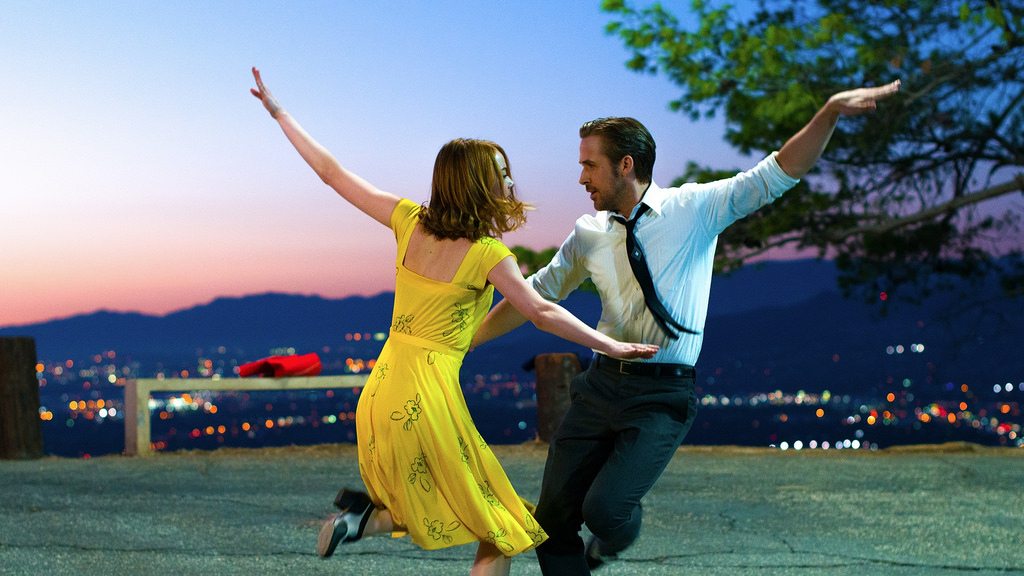Are film musicals underrated?
Throughout Hollywood’s Golden Age, musicals were regularly considered the best critical hits – nine musicals alone won ‘Best Picture’ at the Academy Awards. Meanwhile, since 2000, only four musicals have been nominated for ‘Best Picture’ with only one, Chicago, winning in 2002. This could be related to a lower output of widely-released musicals or to the fact that a number of them received receptions from lukewarm to outright negative.
A clear pattern in twenty-first century film musicals is that most are adaptations of hit Broadway musicals. Only a handful of major releases are original musicals with unique scores. As a result, a number of these films struggle with adapting an acclaimed and successful piece of theatre into cinema, resulting in a number of big name musicals being reviled by critics and audiences in film form. For example, The Phantom of the Opera (2004), Rent (2005) and The Producers (2005) were all ‘Best Musical’ winners at the Tony Awards – Broadway’s Oscars equivalent – that ran for years on Broadway, but were quickly forgotten as films. Only few have evaded this and achieved success, such as Chicago and Les Miserables, though these are sadly rare exceptions.
Subsequently, it appears that film musicals currently rely too strongly on popular properties to adapt rather than creating original stories tailor-made for a cinematic approach, like La La Land. However, Hollywood studios seem to refuse greenlit film musicals that don’t have a proven popularity as a stage show or which don’t have big-name filmmakers on-board. La La Land’s director Damien Chazelle could only find funding for the film once he had the critical acclaim and clout from Whiplash (2014). Therefore, award-worthy film musicals have become incredibly rare even as huge stage musicals continue to delight on Broadway.
Furthermore, the diegetic singing and dancing that is specific to most musicals is a quality that adult audiences appear to reject in favour of dramas that emphasize realism and grittiness. Musicals are seen as lower-level entertainment that doesn’t express complexity as more subtle and serious films do; perhaps this explains why the explicitly non-diegetic songs of Chicago and the dark realism of Les Miserables appeal to adult audiences. Most musicals are inherently loud, bright and flamboyant even when they have darker themes; audiences perhaps regard them as unworthy of attention or awards, leading to more criticism than other prestige films from different genres.
However, film musicals can convey art through sound and image in stunning ways when the medium is used at its best. La La Land shows this in its gorgeous numbers, regardless of flaws in the story, and entertains as a number of classic musicals do. While they arguably have a larger margin of error – as can be seen in the number of disappointments – film musicals are an underrated genre that are a delight to see coming back into public conscience. They certainly should not be restricted to the stage.

Comments (2)
Amazing article – indeed, the meteoric return of film musicals into our contemporary era is testament to the successful transition musicals have made to keep up with rapidly evolving technology; and is undeniably the future of musicals.
Amazing article – indeed, the meteoric return of film musicals into our contemporary era is testament to the success transition musicals have made to keep up with rapidly evolving technology, and is undeniably the future of musicals.